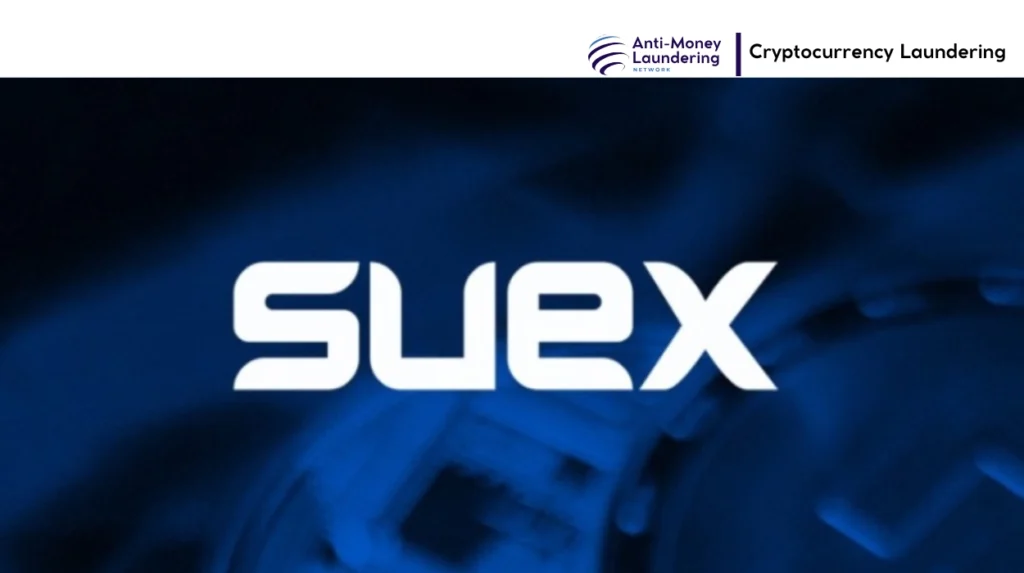Suex is a Russian-operated over-the-counter cryptocurrency exchange registered in the Czech Republic that played a key role in laundering ransomware and darknet market proceeds. It facilitated converting illicit cryptocurrency into cash and physical assets with high-value, in-person transactions mainly in Russia. The U.S. Treasury sanctioned Suex in 2021 for its material support to cybercriminal ransomware actors, marking the first sanction ever against a digital currency exchange. With over 40% of its transaction history linked to illegal activity, Suex exemplifies the risks posed by underregulated nested exchanges in enabling pro-Russian crypto laundering networks.
Suex is a Russian-operated cryptocurrency exchange registered in the Czech Republic that has been sanctioned by the U.S. Treasury for laundering over $480 million in illicit cryptocurrency linked to ransomware, darknet markets, and scams. Operating mainly through physical offices in Russia, Suex functioned as a nested OTC broker, converting criminal proceeds into fiat and physical assets while obscuring transaction origins. The exchange is closely tied to Russian cybercrime networks, with over 40% of its transaction volume associated with illicit actors. The 2021 sanctions marked the first U.S. targeting of a digital currency exchange for its role in facilitating ransomware payments, signaling a significant escalation in regulatory efforts against crypto-enabled money laundering and pro-Russian financial crimes.

